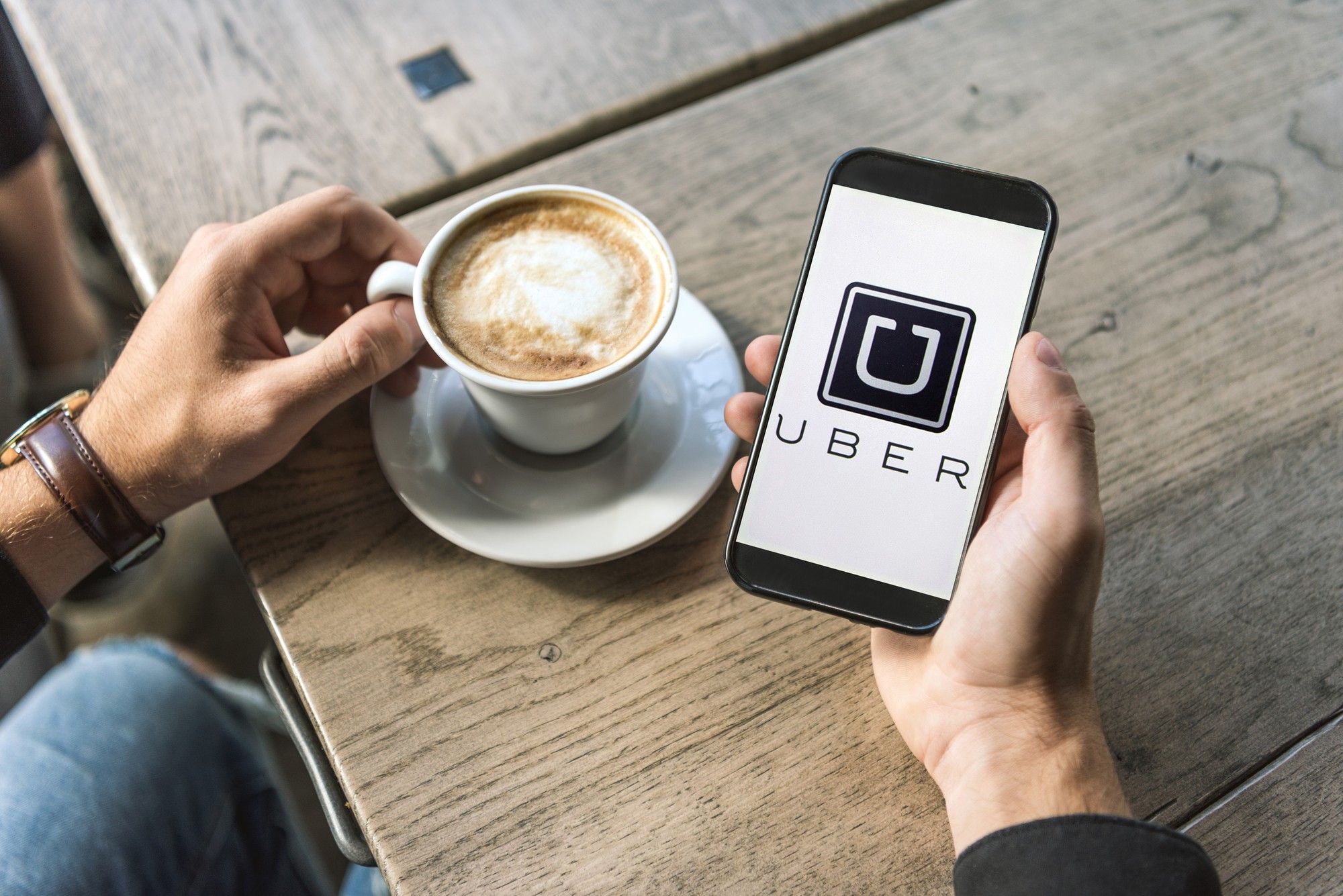Top Class Actions’s website and social media posts use affiliate links. If you make a purchase using such links, we may receive a commission, but it will not result in any additional charges to you. Please review our Affiliate Link Disclosure for more information.
A California appeals court recently upheld an earlier ruling requiring California Uber drivers and Lyft drivers to be treated as employees instead of independent contractors.
The unanimous decision was published by a panel of appellate judges, reaffirming an August decision by Superior Court Judge Ethan Schulman. Judge Schulman had issued an injunction requiring the ride-hailing companies to classify their drivers as full employees — therefore entitling them to the many benefits provided by California labor laws.
According to Judge Schulman and the recent decision from the appeals court, California Uber drivers and Lyft drivers are employees under the new Assembly Bill 5, or AB5. AB5 took affect Jan. 1 of this year and made it more difficult for employers to classify their workers as independent contractors. The law also allows state attorneys to seek injunctive relief such as the injunction issued by the California Superior Court.
After Judge Schulman’s decision in August, Uber and Lyft blasted the injunction as “radical” and “unprecedented,” but the appeals court disagreed, according to CNN.
“But these adjectives perhaps say more about the reach of modern technology and the scale of today’s technology-driven commerce than they do about the order itself,” the panel wrote.
“Although the business context may be relatively new, we conclude that the injunction was properly issued in accordance with enduring principles of equity. It is broad in scope, no doubt, but so too is the scale of the alleged violations.”
Upon appealing the decision, Uber and Lyft argued that the injunction shouldn’t be enforced because it was impractical. According to the companies, the scope of the injunction means that it will take a significant amount of time to implement.
The appellate panel disagreed and said the ride-hailing companies have had plenty of time to implement these regulations.
According to the panel, the companies should have been considering these changes even before AB5 was approved by lawmakers.
In April 2018, the state’s supreme court adopted the “ABC” classification test, which requires independent contractors to meet three conditions for their classification to be lawful. The panel says the companies shouldn’t have waited until this ruling was enshrined in the state’s labor laws through AB5 before starting to make changes to their classifications.
Uber and Lyft had also argued that the injunction caused irreparable harm to the ride-hailing companies and to their drivers. The companies argued many of their drivers benefit from the looser scheduling stemming from their classification as independent contractors, though the appeals court disagreed.
According to the panel, the People of California had correctly argued that a party “suffers no grave or irreparable harm by being prohibited from violating the law.” The appellate judges also noted that nothing about the new employee classification will stop drivers from having a flexible schedule.
After rejecting these arguments, the appellate court upheld Judge Schulman’s August injunction for Lyft and Uber drivers in California.
California officials have voiced their approval of the appeal result, with San Francisco City Attorney Dennis Herrera calling the decision a “victory for the people of California and for every driver who has been denied fair wages, paid sick days, and other benefits by these companies.”
“Californians have fought long and hard for paycheck and benefit protections. Uber and Lyft have used their muscle and clout to resist treating their drivers as workers entitled to those paycheck and benefit protections,” California Attorney General Xavier Becerra said, according to NPR.
In contrast, Lyft and Uber say this appeal could have long-term consequences for the future of ride-hailing in California. The companies have urged Californians to vote yes on Proposition 22 — a ballot measure which would repeal AB5 and therefore continue to classify drivers as independent contractors.
“Today’s ruling means that if the voters don’t say Yes on Proposition 22, rideshare drivers will be prevented from continuing to work as independent contractors, putting hundreds of thousands of Californians out of work and likely shutting down ridesharing throughout much of the state,” Uber said in a statement, according to Reuters.
What do you think about the Uber and Lyft contractor misclassification issue? Share your thoughts in the comment section below.
California is represented by the state attorney general’s office and the city attorneys for San Francisco, Los Angeles and San Diego.
The California Uber Lyft Drivers Lawsuits are People of the State of California v. Uber Technologies Inc., et al., Case No. A160706, and People of the State of California v. Lyft Inc., et al., Case No. A160701, both in the California Court of Appeal for the First Appellate District.
Read About More Class Action Lawsuits & Class Action Settlements:
















